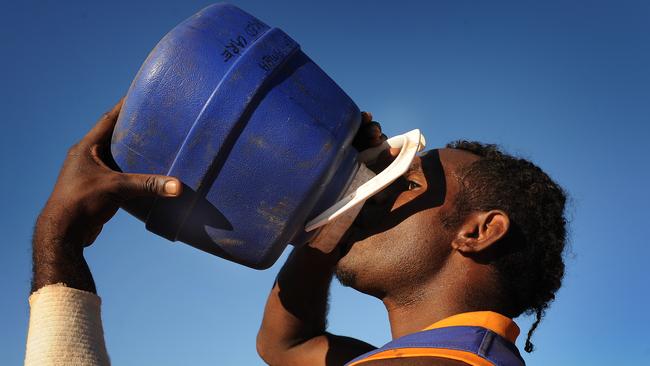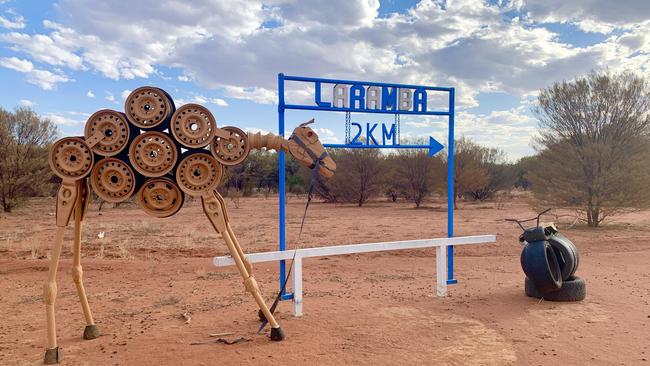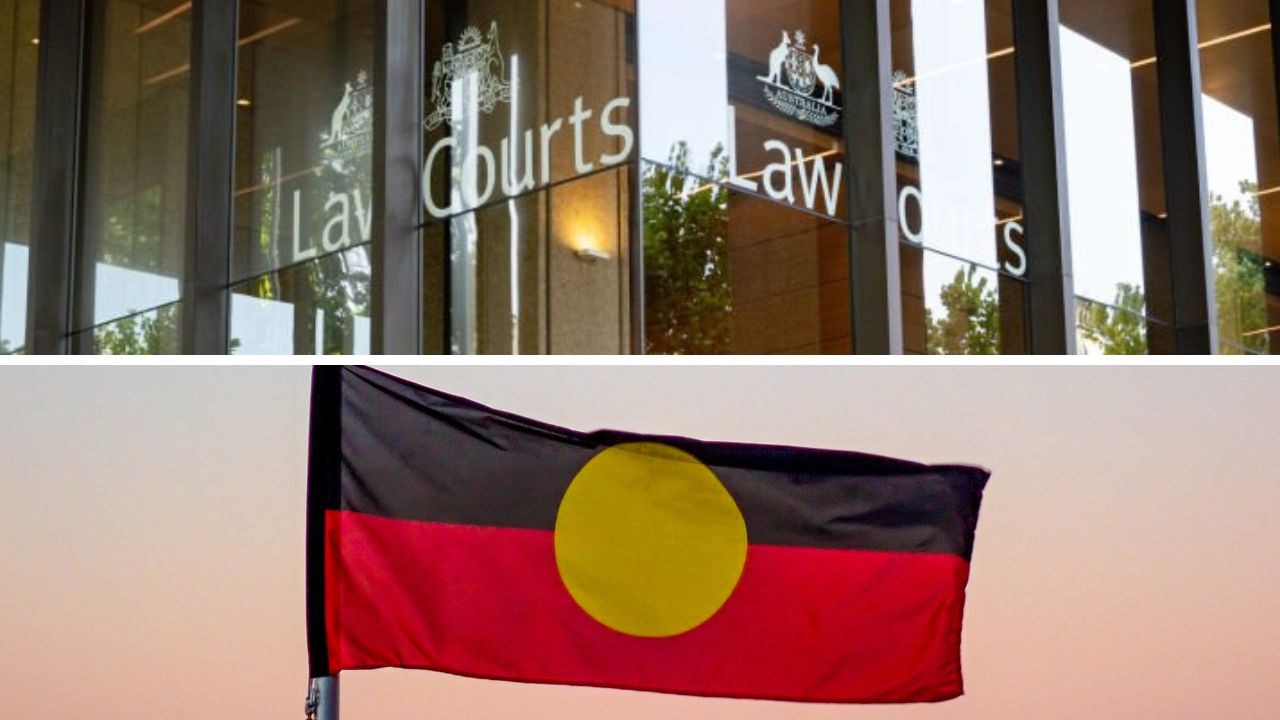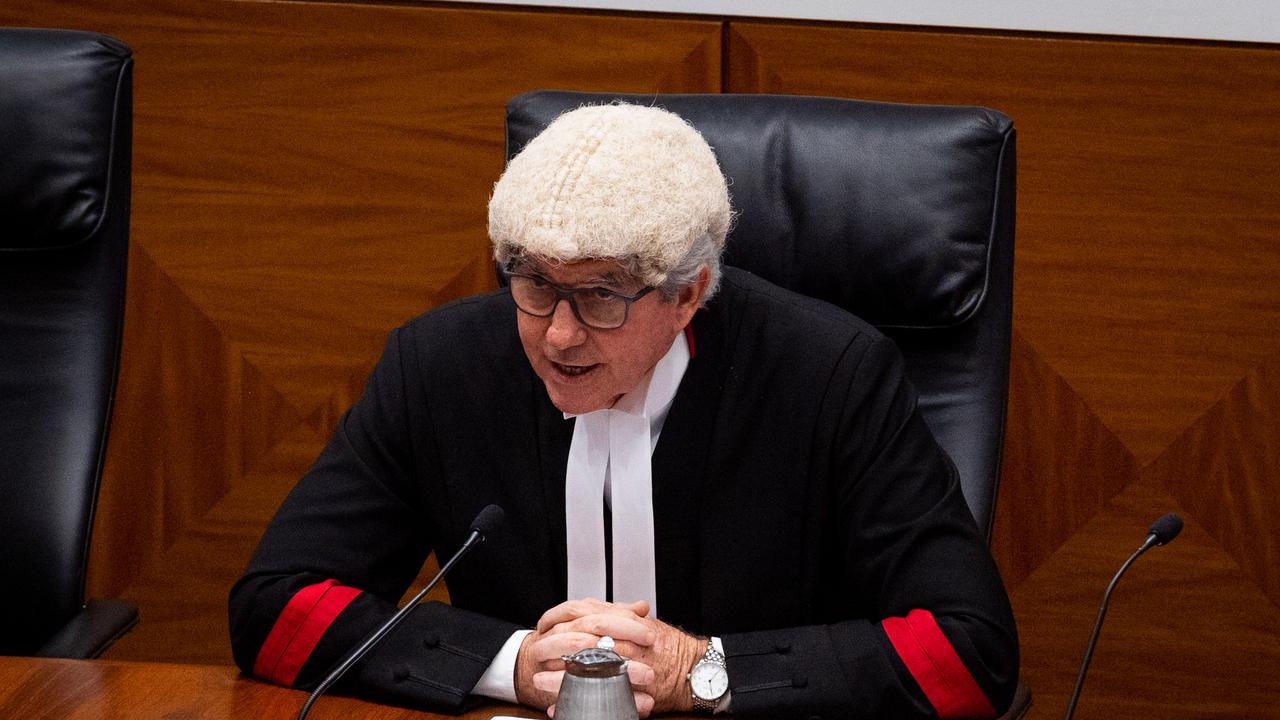Call for feds to sort out remote community drinking water issues
The drinking water at Laramba was found to have had three times the recommended levels of uranium under Australian drinking water guidelines.

The lawyers behind a long-running court action over uranium-contaminated water in a remote Indigenous community have called on the federal government to take greater role in resolving the issue.
The Northern Territory’s Court of Appeal on Friday heard arguments from lawyers representing the Territory government and residents of Laramba, a town of just more than 200 people 205km northwest of Alice Springs. It was the latest instalment in a five-year legal stoush, which could continue beyond the court’s eventual decision.
The residents started proceedings after it was found the drinking water contained three times the level of uranium deemed safe under water quality guidelines.
The court case centres on whether the NT government, as landlord to the Laramba residents, should be responsible for the quality of the drinking water.
The NT Supreme Court last year found the Territory government was responsible, with judge Peter Barr ruling the quality of the water went to the habitability of the housing.
The NT government subsequently appealed the decision.
The residents have been represented on a pro-bono basis by barrister Matthew Albert and solicitor Dan Kelly from Australian Lawyers for Remote Aboriginal Rights.

States and territories are constitutionally responsible for drinking water, with the federal government getting involved only when asked to help with funding.
In March, for example, the federal government announced it would contribute most of the more than $58m needed for six new water projects in Territory Indigenous communities.
Speaking to The Australian in the wake of Friday’s court hearing, Mr Kelly said the federal government should be taking action to address the issue, given the NT government’s continued obstruction. “I’m not suggesting [the federal government] has a legal obligation, but I think they have a moral obligation to step in when Australian citizens for years and years have been exposed to unsafe drinking water,” he said. “They have the resources to attack this problem, and they need to.”
The NT government-owned NT Power and Water in 2023 opened a new filtration system at Laramba to remove the uranium from the water. According to the group’s most recent annual drinking water quality report, uranium concentrations in the water at Laramba have fallen considerably and are below the level recommended in Australia’s drinking water guidelines.
Mr Kelly said the case would set an important precedent for other remote Indigenous communities across Australia that may be experiencing similar issues with contaminants in their drinking water.
The remote NT community of Binjari has had its water monitoring frequency increased from annually to quarterly due to elevated levels of radiation in the drinking water there, while the community of Tara has been identified as in need of extra ongoing scrutiny.
“The case continues, because we say our clients were forced to drink that water for over 10 years so they should be entitled to some compensation,” Mr Kelly said.
“But more importantly, we want to establish the point that the government in remote communities has an obligation to provide people with safe water.”




To join the conversation, please log in. Don't have an account? Register
Join the conversation, you are commenting as Logout